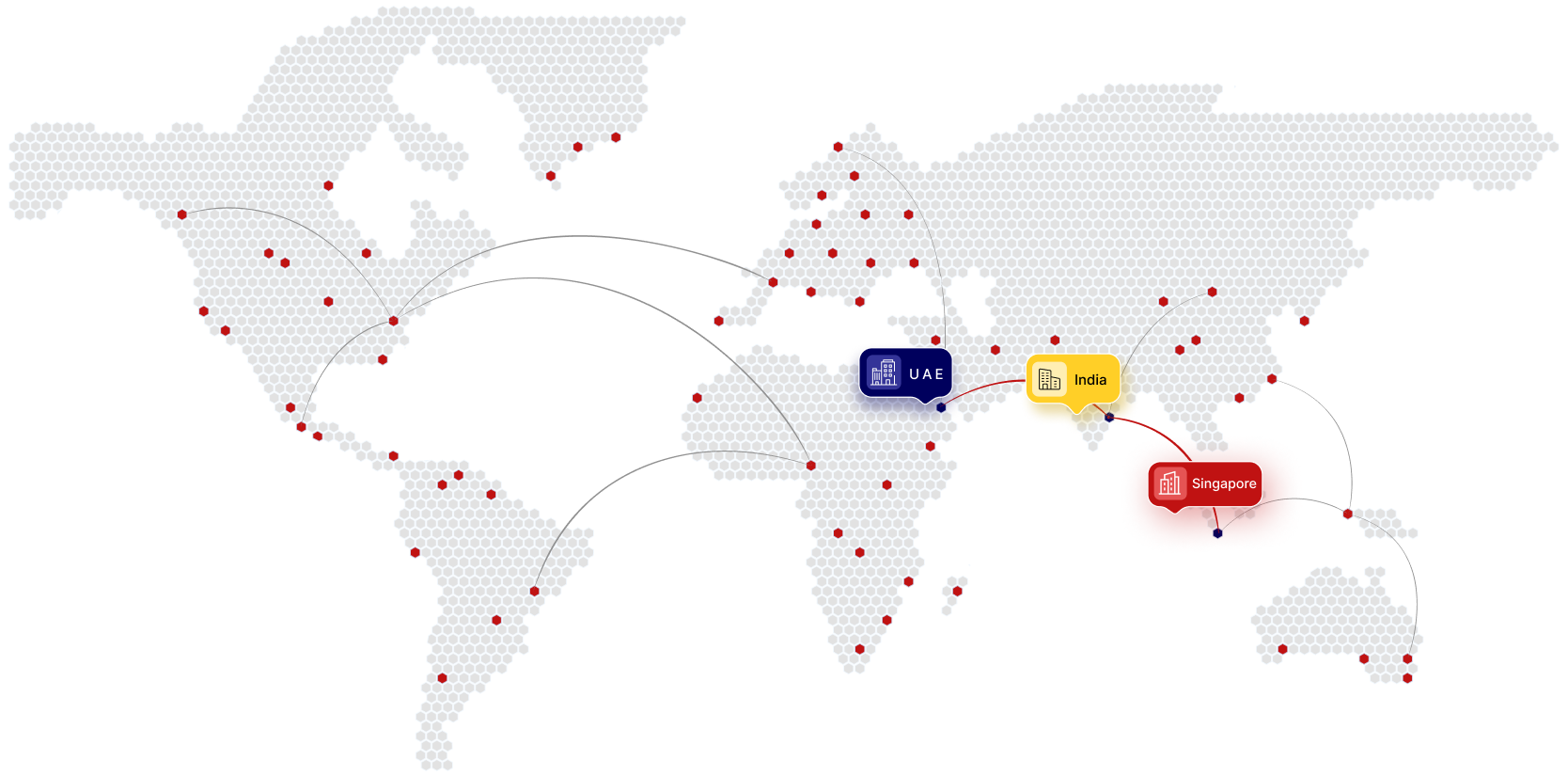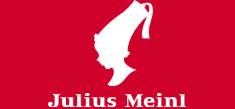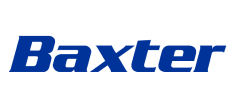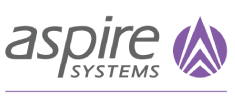Economic Substance Regulations in Dubai, UAE
Economic Substance Regulations in Dubai, UAE
UAE Economic Substance Regulations Introduction
Economic substance describes the operational and economic relevance of a corporate structure, which has been enacted because of international tax optimization purposes. Economic substance regulations in UAE is a move in the same direction.
Many international tax structures have been created in the form of financial companies, trading houses, intellectual property structures, holding, and sub-holding companies to directly benefit from favorable tax laws of other foreign countries or indirectly through favorable double taxation treaties established between two countries.
The Economic Substance Regulations in UAE bring specific and special requirements for businesses to demonstrate that their actual economic activity is in UAE and not driven for benefiting from a non-taxable or low tax regime prevailing in UAE. Incorporation of Economic Substance Regulations in UAE shall thus prevent harmful tax practices of profit shifting from high tax regimes to low or non-tax jurisdictions.
Which Entities are to be Affected?
The legal entities in the UAE are the ones that are licensed to conduct business in the UAE. It should be noted that there cannot be any government holding in the entity’s shareholding pattern and the entity should be engaged in relevant activity.
It should be noted that a Company in which there is more than 51% direct or indirect government ownership would not be considered under this Regulation.
An entity is a licensee if it is
- Licensed to carry out business in UAE
- Conducts Relevant Activity
- Is not a commercial company with government holding in its share capital
Apart from determining the Economic Substance Regulation’s applicability criteria, corporates need to understand the reasons for ESR’s introduction in UAE.
Recent globalization has substantially increased markets and economies with free flows of resources like labor and capital, relocation of production bases from high cost to low-cost countries, advancements in communications and technologies, and gradual removal of trade barriers. It has also resulted in a shift from a country-specific business model to a global model.
Because of this globalization of business and economy, it is now possible for corporates to advertise, market, and sell products in other countries.
Much research on base erosion and harmful tax practices revealed an increased trend in shifting profits to low tax regimes from the actual business place for tax purposes.
Preferential Regimes can be Potentially Harmful When
- Non-tax or low tax regime is involved
- Protecting the regime from the domestic economy
- Lack of Transparency
- Lack of Exchange of Information
With rapid globalization and changes in business practices, Governments have now realized new tax rules to keep pace with globalization.
OECD and EU have long been promoting dialogue and cooperation between governments on tax matters and for years. Consequently, “Base Erosion and Profit Shifting” or BEPS tax strategies have been introduced as a solution to identify gaps and mismatches in tax for avoiding tax payments. All over the world, close to 10% of total tax revenues are lost because of harmful tax practices and amounts to billions of dollars.
Some fifteen measures are identified to tackle tax avoidance and create a more transparent tax environment. As a measure to counter harmful tax practices, Economic Substance Regulations came into effect.
Economic Substance regulation in UAE is also aimed to ensure that mobile business income can’t be parked in a low tax jurisdiction without the core business functions been included in the same business location, i.e., in UAE.
Enacting of Economic Substance regulations in UAE is a progressive move towards satisfying the OECD and EU expectations.
Economic Substance Regulation (ESR) Requirements in UAE
- Economic Substance regulation in the UAE is purposefully done to control tax substance and, in turn, enhance the confidence of global economies
- In April 2019, the UAE cabinet issued ESR requiring all in scope UAE “Relevant Entities” that carry on “Relevant Activities” to comply with ESR requirements. ESR was issued in pursuance of global standards set by OECD and EU, the Organization of Economic Cooperation and Development
- Economic Substance regulations were issued in response to UAE’s inclusion in the EU’s list of non- cooperative jurisdictions for tax purposes
- On the 10th of August, 2020 as a part of the Resolution 57, to replace and repeal the existing Resolution 31, changes were made to the existing regulation of the Legislature
Requirements
- Ensure Relevant Entity carrying out Relevant Activity is Directed and Managed in UAE
- Ensuring the Relevant Entity has adequate qualified employees, adequate physical assets, and adequate operating expenditures and in proportion to the level of Relevant Activity
- The regulations permit a company to outsource some or part of its activity to third-party service providers; however, these third-party service providers should have adequate presence in the UAE, and the company must demonstrate adequate supervision of the outsourced activities
- There are nine “Related Activities” set out in Economic Substance regulations in the UAE. If a business conducts any of the related activities, the business must indicate whether any of its income from such activities is subjected to any other tax regime outside UAE
- Conduct Core Income Generating Activities at a specified periodicity
- Filing an Economic substance return on an annual basis within twelve months of the end of a relevant financial period and containing all relevant information
- A UAE entity involved only in “Holding company business “would be subject to less stringent Economic substance regulation requirements, whereas a company engaged in “High Risk Intellectual Property Business” would attract additional requirements
Scope and Applicability of Economic Substance Regulation in UAE
The Economic Substance regulations in UAE applied to all onshore and economic or free zone companies, branches, partnerships, and any other business types carrying out Relevant Activities and termed as Licensee. ESR is mainly applicable to nine “Related Activities” of businesses
- Banking Business
- Insurance Business
- Investment Fund Management Business
- Leasing Finance Business
- Holding Company Business
- Distribution and Service Center Business
- Intellectual Property Business
- Shipping Business
- Headquarter Business
UAE Economic Substance Regulations Introduction
- All Licensees must submit a notification to the relevant regulatory authority and confirm if they are subject to ESR regulations, whether income is received by carrying out Relevant Activity, and if the income is subjected to taxation in a third country. The deadline of the notification for the first reportable year was 30th Jun 2020. Pursuant to the change all licensees would now need to file a notification with the Ministry of Finance. This calls for resubmission of the notification by many companies who have already filed by 30th June. The notification must be filed once the MOF portal is available
- If the Licensees qualify for Relevant Activity and come under UAE jurisdiction of ESR, filing a Substance Return to the relevant regulatory authority is a must
Who is Required to Submit an Economic Substance Report?
What Constitutes a Licensee?
- A legal person (established within or outside the State); or
- A non-incorporated Partnership that is registered in the State, including within any Free Zone or Financial Free Zone, and engages in a Relevant Activity.
Consequences of non-compliance of economic substance regulations in UAE
- Failure to comply would result in administrative penalties to a tune of 10 000 AED and not exceeding 50,000 AED in the first year and a minimum of 50,000 AED and not exceeding 400,000 AED in the subsequent years
- The regulatory bodies may also impose other penalties which include but not limited to suspension, revocation, and/or non- renewal of the Licensee’s commercial license
- Besides, the UAE may exchange and disclose information to the foreign competent authorities. The disclosure of information with the foreign competent authorities would be with the parent company, the ultimate parent company, or the ultimate beneficial owner
Procedure for Implementation of Economic Substance Regulation in UAE
The following are the necessary steps required for effective implementation of ESR
- An initial assessment is done to evaluate if a business entity comes under Economic Substance regulations
- Gap Analysis and Comprehensive Assessment is done once a business entity is selected under Economic Substance regulations
- Corporate actions to satisfy Economic substance tests are then designed and put into practice for implementation
- Compliance Assessment, Notification, and Substance Return
- Periodic reviews to ensure ongoing compliance
Want to learn more about Economic Substance in Dubai?
State Core Income Generating activity
State Core Income Generating Activities Are To Be Pursued In The Jurisdiction To Demonstrate Substance. Some Examples Include:
- Intellectual Property Business
- In the case where intellectual property asset is considered a
- Patent or a similar asset , conduit for research and development
- Branding, marketing and distribution along with trademarking. Non-trade or intangible assets are inclusive
In exceptional cases, unless the relevant business activity is a potentially high risk intellectual property entity, the multiple different core income generating activities that are relevant to business and intellectual property assets are inclusive of
- Strategic decision making, managing, and bearing) the major risks related to development and consequent exploitation of the purported intangible asset generation
- Carrying on the basic trade activities by which the intangible assets are used to generate income from third parties
| Banking Business | Fund Management Activity | Financing and Leasing Business | Shipping Business |
|
|
|
|
| Distribution and the Service Centre Business | Headquarters Business | Holding Company Business | Insurance business |
|
|
|
|
Measurement and Reporting Substance
Establishing that an entity is the licensee to carry out relevant activity described by economic substance act regulations, and duly notified to the relevant authority The Company must pass the ‘Economic Substance Test’, and based on which file and Annual Return.
There are further detailed criteria especially around the Core Income Generating Activities. They are accompanied by the and rules governing outsourcing. ‘High-risk IP companies’ are bound by special regulations. Please contact your usual IMC executive to discuss how these regulations impact your business entities. Once the substance is established, the business entity is bound to file an economic substance report every year with the relevant authority in its jurisdiction.
The Relevant Authority needs to be notified about the following details:
- It is fully managed and duly directed in the jurisdiction
- There exists physical office that is operational
- Core Income generation Activities are carried out in the valid jurisdiction
- There are suitably qualified employees in the requisite number required for the activity in hand in the jurisdiction
- Adequate operating expenditure is maintained in accordance to the relevant activity

Penalties for Non Compliance
The Relevant Authority needs to be notified about the following details
- A fine of up to AED 50,000 for failing to meet an economic substance test
- A fine of up to AED 300,000 for failing to meet an economic substance test in respect of a financial year after an initial notice of failure
- Sharing of information regarding the non compliance with tax authorities in the foreign states where the affected companies are incorporated or in which their parent company, ultimate parent or ultimate beneficial owner are resident; and
- Suspension, revocation or non renewal of a licence
How Can IMC help?
IMC is a leading cross border advisory firm specializing in the AMEA (Asia, Middle East, Africa) region established in 1979.
The firm has extensive knowledge and experience in gathering and reporting company data in the UAE. Additionally the robust networking in the region and deep experience in dealing with new regulations across regions covered by the group, IMC is uniquely placed to help it’s clients understand and respond to this new legislation.
A Member Firm of Andersen Global
- 170+ Countries
- 390+ Locations
- 13,000+ Professionals
- 1800 + Global Partners

The experts at IMC can provide the requisite professional non legal advice to help clients identify the relevant entities to conduct relevant activities.
IMC experts perform a substance test on the entities in scope that includes a request to garner additional information from the clients. The substance requirements may differ depending on the nature of relevant activity performed by the entity. The examination includes a gap analysis to gauge the requirements for adequate control, personnel, operational facilities and expenditure.
Solutions may be straightforward for standard structures including additional corporate services or Company Sectretarial activities. More complex structures require the development and implementation of customized solutions that include consideration of functions that IMC can facilitate adequately.
In scope entities are required to file a notification with the relevant authority. IMC can ably assist in the requisite preparation and submission of the notification and report in the format that is required by the relevant tax authority.
ESR or economic substance regulation is active in UAE since 1st Jan 2019, and to adhere to these norms, compatible businesses must file the notification followed by the ESR returns. You can file the notification by connecting with IMC across the concerned platform, feeding in the company details, reportable period, relevant activities, entity insights, and the final confirmation.
Economic substance is more like a scale or rather test that ensures that the licensee adherences to the CIGA norms, while keeping the activities according to the guidelines. The economic substance takes premise sanctity, expenditure, taxation, employee count, and other aspects into account.
Need Assistance?
Get In Touch
We appreciate your interest in IMC and are eager to address your needs.
To ensure we address your needs accurately and promptly, please fill out this form. This will help us in identifying and connecting you with the appropriate team of experts in our organization.
We take pride in our responsiveness and aim to get back to you within a span of 1-2 business days. Your journey towards solutions starts here.
Companies we have worked with


























